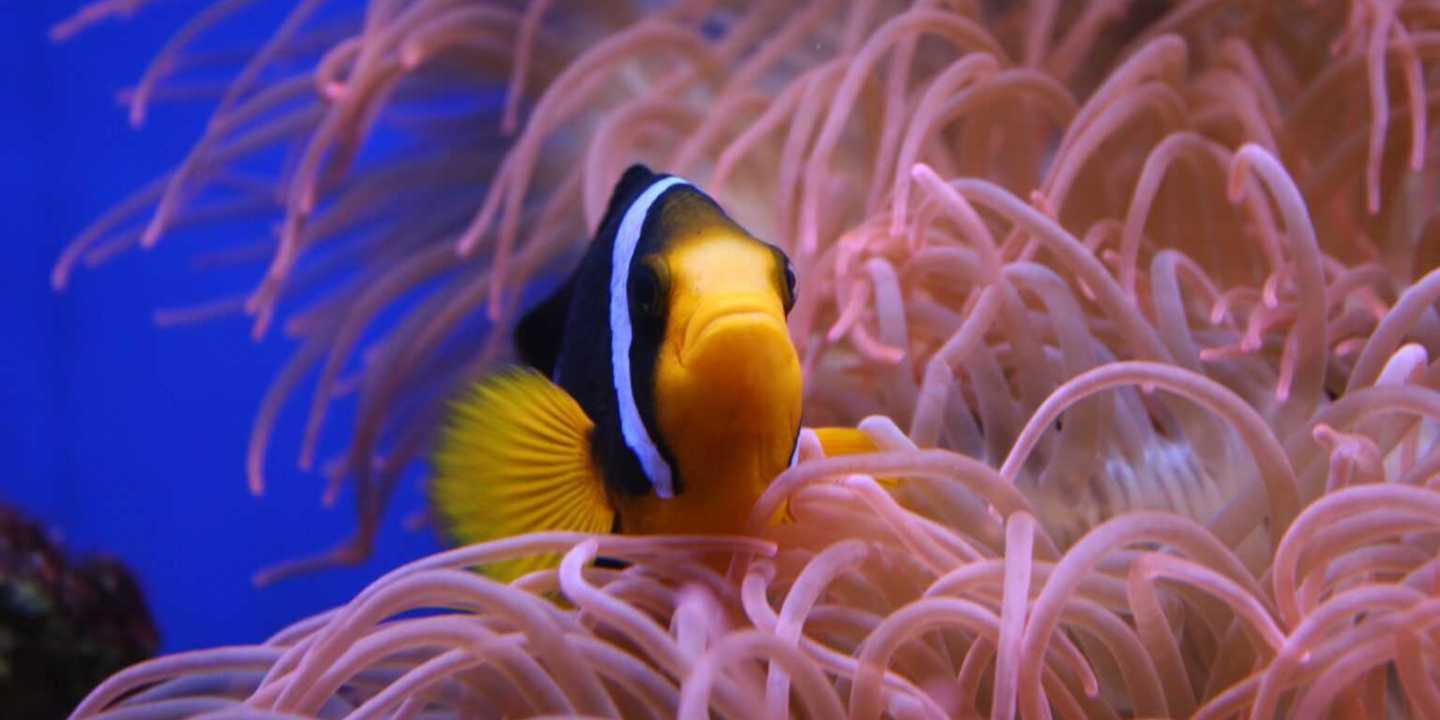New Cooperation Project
The Carl-von-Ossietzky University of Oldenburg in collaboration with the Helmholtz-Institute for Functional Marine Biodiversity at the University of Oldenburg (HIFMB) have established an interdisciplinary research cooperation with The Faculty of Business Administration and Economics of Bielefeld University. This cooperation will combine the competencies of the University of Oldenburg, specifically those of the Institute for Chemistry and Biology of the Marine Environment (ICBM) and the HIFMB in the area of ecology, ecosystem management and marine conservation, with the competencies of Bielefeld University in economics, notably in modelling and data sciences.
The cooperation commences in January 2021 with the joint research project “Value of Information” (VoI). In this research project both parties combine their expertises to explore the possible value of (additional) information and its consequences for optimal decision making in the context of ecological-economic problems, and apply the value–of–information concept in applications of nature conservation, sustainability and biodiversity. The VoI-Project is led by PD Dr. Thorsten Upmann.
For further information see: https://www.uni-bielefeld.de/fakultaeten/wirtschaftswissenschaften/einrichtungen/voi/.
Can Additional Data Improve the Decision?
The core idea of the VoI project is thus to determine the value of information in relation to the improvement of (optimal) decisions and, in this way, to be able to make well-informed decisions with regard to the procurement of further information.
Typical questions are:
- Does additional data also provide additional information, and what is its information value?
- In the light of the existing data situation and the resulting information status, can further data be procured if their procurement or collection is associated with costs?
- Which data should be collected for a given budget (time, resources)? What, where, and when should be measured?
- What quality standards do the data have to meet in order to be worth their evaluation?
- Is the procurement of further data and information relevant to the decision, or do the measures to be taken (still) depend on further information?
Optimal Gathering of Information
Over time, not only does the state of the system (or the environment) change, but also the information level of the decision-maker, either through the arrival of further information, or through active gathering of information. Although the uncertainty about the true or future state dissolves almost automatically over time, the decision-maker usually cannot or does not want to wait with their decision until this (distant) point in time. If early decision making is advisable or even required, the decision-maker does not only have to decide on the extent to which information should be gathered, but also on their time path, i.e., on the point in time at which the process of information procurement starts and then ends again, and finally, based on that information gathered, on the actual decision to be taken or the action to be chosen. Formally, therefore, the problem of obtaining information can also be regarded as a problem of optimal stopping, to the solution of which VoI can make a significant contribution.
Optimal Decision Making
VoI is therefore first of all a decision-theoretical, economic concept that allows economic actors to make decisions in situations characterised by great uncertainty, make well-founded decisions on procurement of information. In the determination of ecological thresholds, in marine biodiversity research etc., however, we are confronted with a high degree of uncertainty regarding the status of the ecosystems under consideration, while at the same time data collection, i.e., on-site measurements, are very costly and involved. VoI is therefore a suitable tool for well-judged decision-making in the sustainability analysis of ecosystem, in marine biodiversity research and other areas in ecology; it may help determine the extent and the terms of data collection and information gathering in these areas of research.—For this reason, VoI represents an ideal thematic focus for cooperation between scholars in economics and scholars in ecology.
